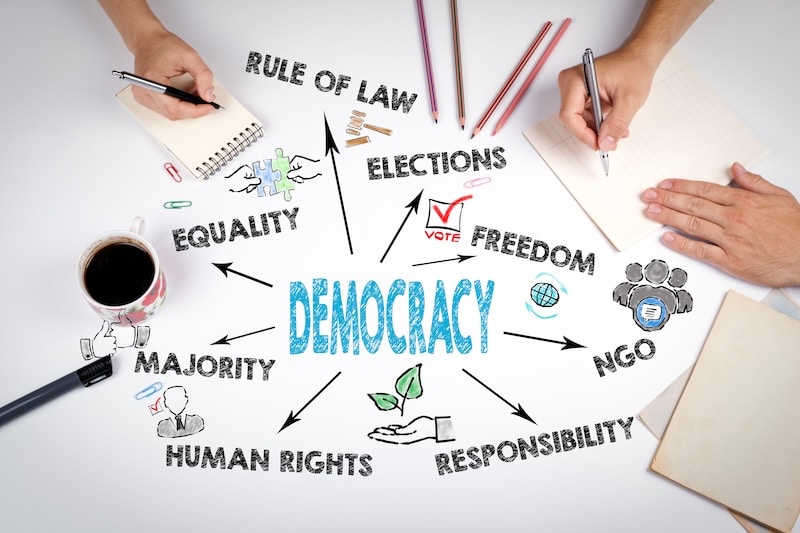Neocameralism : Anti-Democracy Idea Gaining Ground in Silicon Valley
and Why Europe Should Pay Attention
By Citizen of Europe
⸻
Democracy, But Make It Optional
A quiet shift is happening among tech elites and far-right thinkers. While the public debates elections and policies, some are imagining a world without democracy at all—replaced by something colder, cleaner, and more profitable.
Enter neocameralism—a political theory that proposes running governments like corporations. No parliaments. No elections. Just a CEO, investors, and a controlled population that behaves more like customers than citizens.
It sounds dystopian. But it’s no longer just theory.
⸻
What Is Neocameralism?
Coined by controversial political theorist Curtis Yarvin, neocameralism is a post-democracy governance model. The core idea? Replace elected governments with corporate-style management:
• A CEO runs the state
• Shareholders (elites) hold power, not voters
• Citizens receive services, but have no say
• The state is optimized like a tech startup, not governed like a republic
Yarvin argues that democracy is inefficient, corrupt, and unsustainable. His solution? Privatize sovereignty. Treat countries like companies.
Voters don’t elect leadership—investors install it.
⸻
Where It Comes From
Neocameralism draws from:
• 17th-century Prussian monarchy
• Corporate governance models
• A deep distrust of liberal institutions—what Yarvin calls “The Cathedral”
He sees democracy as a liability: prone to populism, captured by ideology, and vulnerable to incompetence. His preferred model is top-down rule with total executive control.
This model doesn’t allow protests, elections, or transparency. It allows order—as defined by whoever owns the system.
⸻
Why Tech Elites Are Interested
What started as blog ramblings has entered real-world politics. Silicon Valley billionaires like Peter Thiel have funded politicians and platforms sympathetic to Yarvin’s ideas. JD Vance, now a U.S. Senator, has echoed many of the same principles. Elon Musk, while not explicitly neocameralist, operates Twitter/X like a private nation-state—with his word as law.
Neocameralism appeals to tech elites who:
• See government as outdated
• View the state as a broken platform to “reboot”
• Distrust public accountability
• Believe authoritarian efficiency is preferable to democratic debate
In this worldview, democracy is a bug.
Neocameralism is the upgrade.
⸻
Why Europe Should Worry
Europe isn’t immune to this thinking.
Far-right movements in Hungary, Poland, the Netherlands, and France are already flirting with authoritarian management models. The digital infrastructure to support it—surveillance, data mining, AI policing—is already in place.
Neocameralism doesn’t arrive with a coup. It arrives with a product pitch:
• Fewer protests
• More “efficiency”
• No messy politics
• “Just results”
This is how democracy disappears—with a dashboard, not a boot.
⸻
Key Dangers of Neocameralism
• Eliminates public accountability
• Replaces citizens with consumers
• Treats dissent as a security flaw
• Builds permanent rule by the wealthy
• Normalizes authoritarianism via tech culture
This ideology is fundamentally anti-democratic, but it dresses itself in the language of innovation, efficiency, and “modern governance.”
That’s what makes it so dangerous—and so appealing.
⸻
Sources
• Project 2025 – The Heritage Foundation Plan
• Curtis Yarvin’s writings (Unqualified Reservations)
• Peter Thiel & Neoreactionary Influence – New Yorker
• Academic breakdown of Neocameralism – Ribbonfarm
• Freedom House: Authoritarian Threats 2024
⸻
You may like:Inside Trumpworld: The Fortress Built to Kill Democracy
